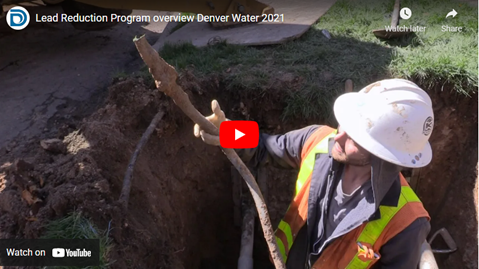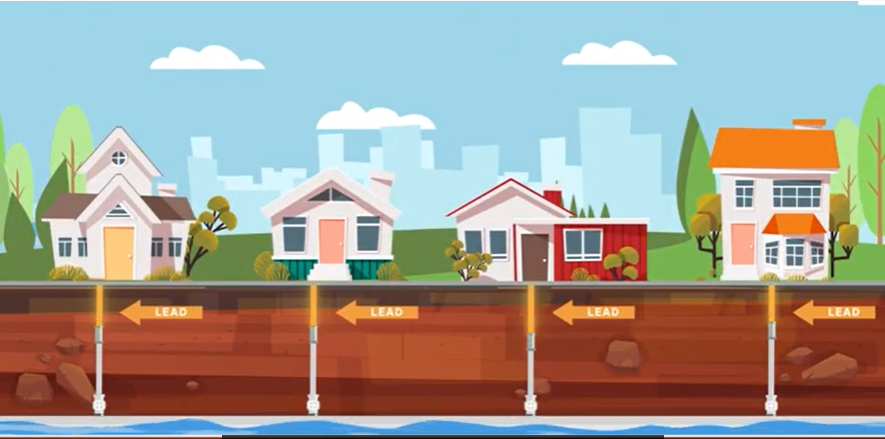Roya Alkafaji, Manager, Healthy Communities and Lindsay McCormick, Senior Manager, Safer Chemicals
Denver Water has one of the most successful lead service line (LSL) replacement programs in the country. Since it began the program in 2020, the utility has replaced nearly 14,000 LSLs—prioritizing lines to buildings serving vulnerable populations, such as child-care facilities. Denver Water has also distributed over 102,000 filters to local residents. EPA should continue to support their innovative approach.
In 2019, we blogged about a novel program that Denver Water designed to address the estimated 64,000 to 84,000 LSLs in its system. These lead pipes connect buildings to water mains under the street. At the time, the water utility proposed to fully replace all LSLs in their entirety within 15 years under its Lead Reduction Program.
The utility decided to fund the work through water rates and bonds, hydropower production, and other sources. In addition, they proposed to provide filters to residents until six months after replacement of the LSL.
Critically, the program includes a comprehensive effort to engage local partners to reach all members of the community. For example, Denver Water partnered with CREA Results, a local community-based organization that is helping to engage and educate Spanish-speaking and immigrant communities on the risks of lead in drinking water and to ensure that residents understand the steps involved with LSL replacement in their neighborhoods. Denver Water’s program has emerged as a national model and its success is recognized by the Lead Service Line Replacement Collaborative and EPA (including its recent service line inventory guidance).











